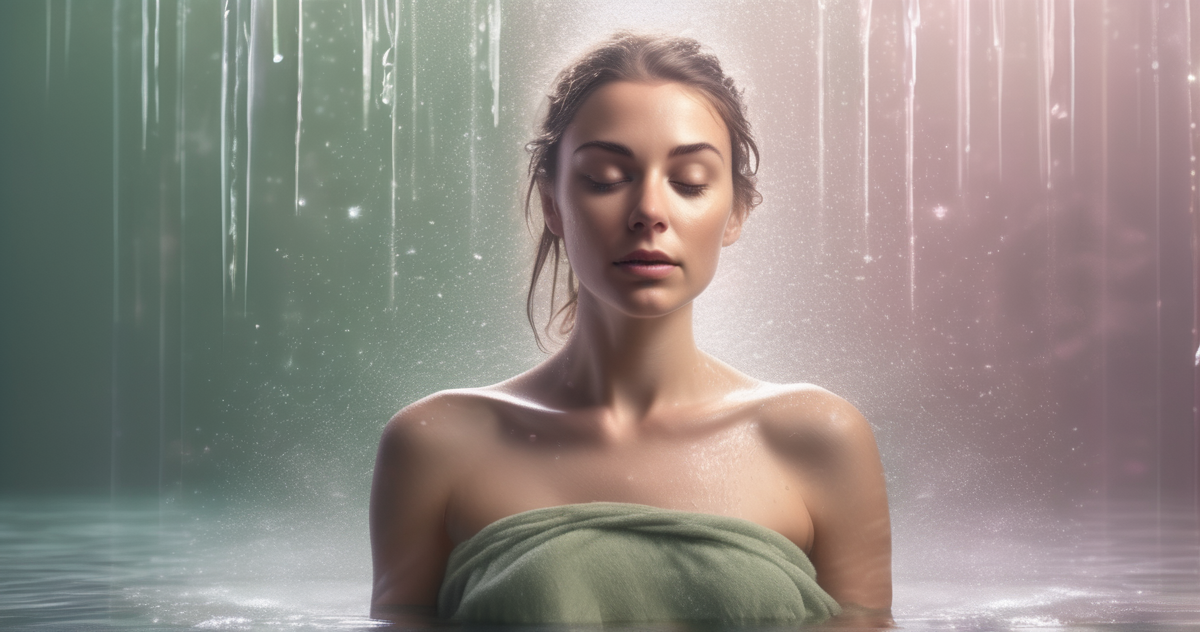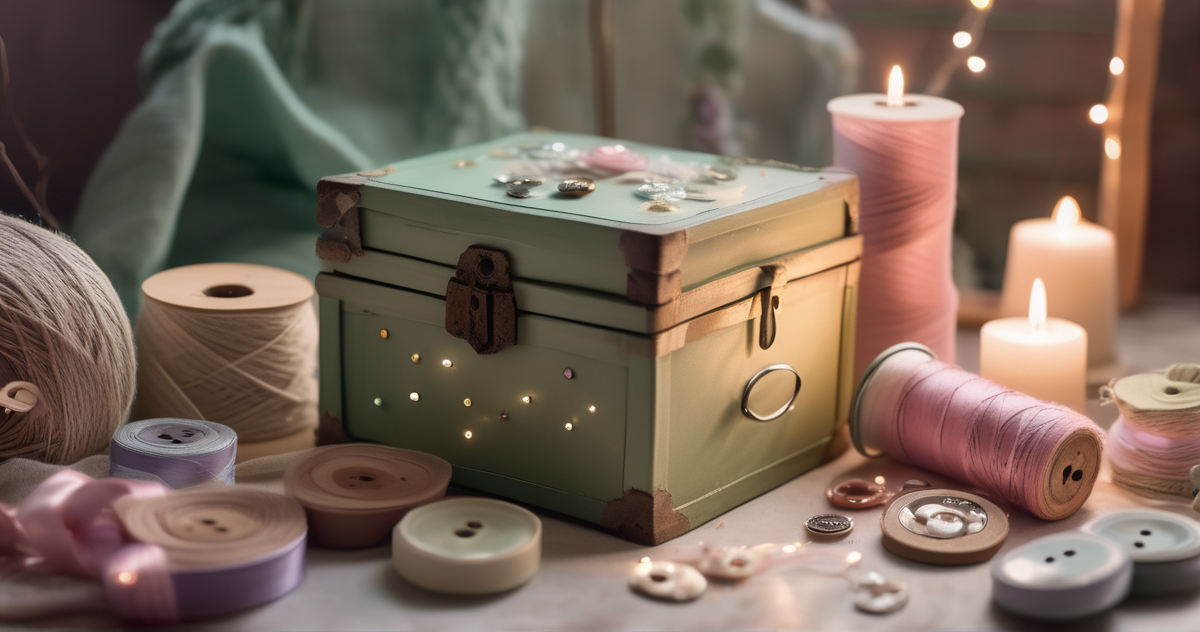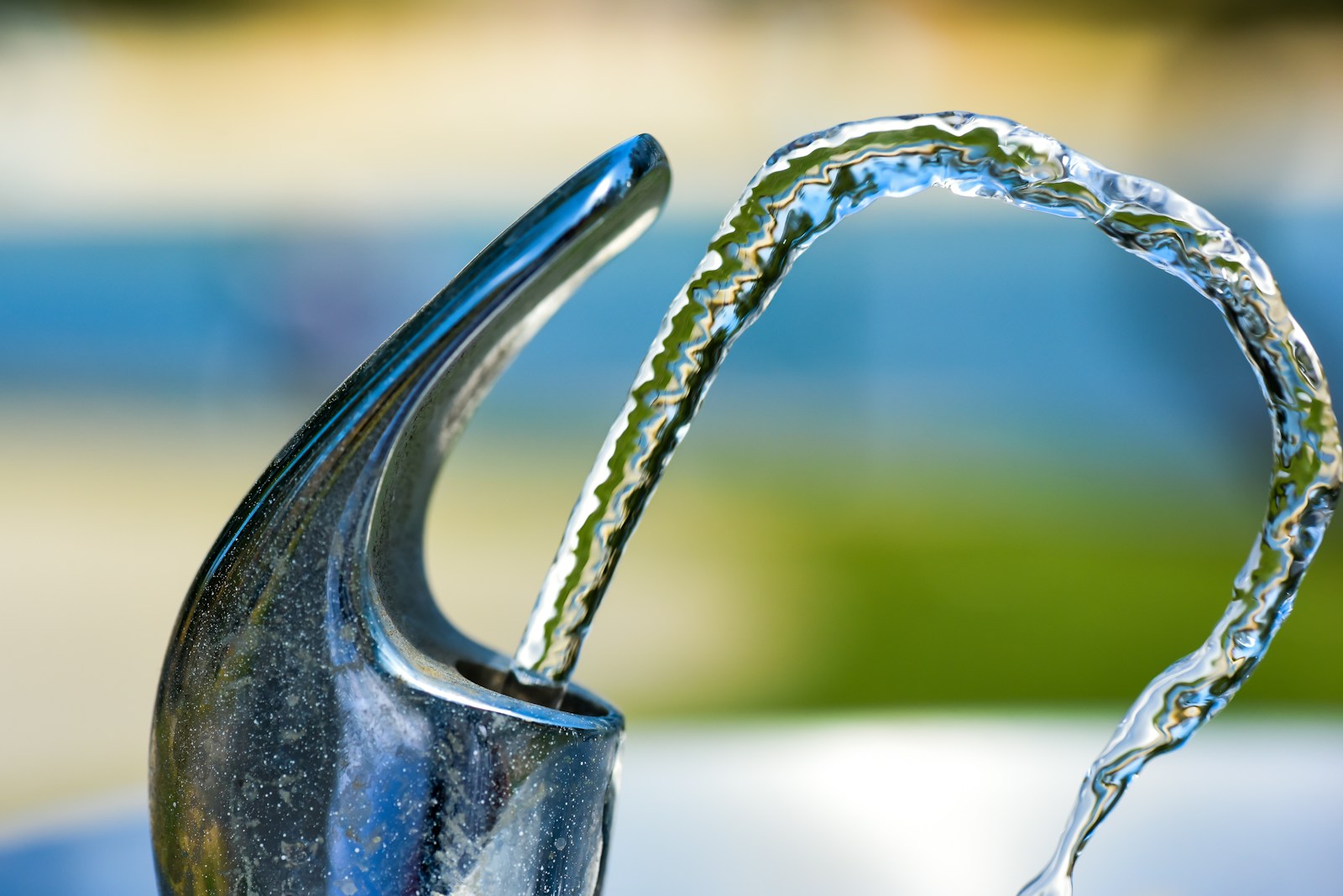The Shockingly Good Benefits of Cold Showers for Health & Wellness
Okay, cold showers. I know what you’re thinking: “Why would anyone willingly subject themselves to that icy torture?” Honestly, that’s what I thought too, for a long time. But then I started digging into the science, and well, let’s just say I’m a convert – sort of. It’s still not exactly enjoyable in the moment, but the benefits? They’re kinda crazy good. So, ever wonder why a quick blast of frigid water can actually do so much for you? We’re going to get into how this simple (but not always easy) habit can boost your health, your mood, and maybe even your resilience. This isn’t just about shivering; it’s about changing how your body and mind react to stress.
The Science Behind the Chill: How Cold Showers Impact Your Body
Let’s talk about the “why” first, because just telling you it’s good for you isn’t enough, right? Think about it this way: your body is pretty amazing at adapting. When you regularly expose yourself to short bursts of cold, it’s like a mini-workout for your circulatory system and your nervous system. You are, in effect, training your body to handle stress more effectively. Cold exposure kicks off a cascade of physiological responses, and some are actually super beneficial. We are talking about things like increased blood flow, a rush of endorphins (your body’s natural mood boosters), and even a boost to your immune system. It’s not magic, it’s just biology.
How to begin? That’s a big question. You don’t want to just jump into an ice bath right away. Start small. Maybe just 30 seconds at the end of your regular shower, turning the water as cold as you can handle. The water temperature really depends on your tolerance, but the key is to make it uncomfortably cold, but not dangerously so. You should feel a noticeable shock, but you shouldn’t be gasping for air or feeling panicked. A good way to gauge progress is to gradually increase the duration and decrease the temperature over time. It’s about progressive overload, just like with exercise. Think of it as “cold training.” What people get wrong initially is they try to do too much, too soon. They shock their system and hate it, which is completely understandable.
One tool that can be helpful, honestly, is just a timer. Knowing that you only have to endure the cold for a specific amount of time can make it a little more manageable. Another “tool” is your breath. Focus on slow, deep breaths. It helps calm the initial shock response. That controlled breathing is key, not just in the shower but in managing stress in general. Small wins build momentum. Maybe you start with 30 seconds, and after a week you can handle 45. Then a minute. It’s those little victories that make it sustainable. Where it gets tricky is winter. The water is already colder, so you might need to adjust your duration or temperature goals. It’s also easy to skip it when you’re already feeling cold and miserable. But that’s also when it can be most beneficial, providing that mood and energy boost to combat the winter blues. So, yeah… the initial shock might not be pleasant, but the ripple effect on your body is pretty profound.
Mental Fortitude: Training Your Mind Through Cold Exposure
Okay, so the physical benefits are cool (pun intended!), but the mental aspect might be even more interesting. Cold showers are like a masterclass in discomfort tolerance. Honestly, in our modern world, we’re pretty good at avoiding anything unpleasant. We crank up the thermostat, order takeout, and binge-watch shows to escape anything that challenges us. But that avoidance can make us less resilient in the face of real-life stress. Cold showers, in a weird way, train us to handle those uncomfortable situations. You are voluntarily putting yourself in an unpleasant situation and learning to control your reaction. That skill translates to other areas of your life. The mental toughness you develop from consistently facing that cold water can be incredible.
How do you begin training your mind? Well, the physical practice is the foundation. But the mental aspect starts before you even turn on the water. It’s about setting your intention. Tell yourself, “I’m doing this for a reason. I’m choosing to be uncomfortable for a short period of time, because I know it will make me stronger.” Visualize yourself successfully completing the cold shower. That mental preparation makes a huge difference. Common tools? Your own internal monologue. Practice reframing the discomfort. Instead of thinking “This is awful,” try thinking, “This is temporary. This is strengthening me.” Mindfulness is also a powerful tool. Focus on the sensation of the cold, on your breath, on the present moment. Don’t try to escape the feeling; experience it fully. What people get wrong is they fight the cold. They tense up, hold their breath, and try to rush through it. That actually makes it worse.
Where it gets tricky is those days when you are already stressed or anxious. The temptation to skip the cold shower is HUGE. But that’s often when you need it most. It’s a way to interrupt the stress cycle and bring yourself back to the present moment. Small wins that build momentum in the mental game: Notice how you feel *after* the shower. Pay attention to the clarity, the energy, the sense of accomplishment. Keep a journal and track your progress. Write down how the cold showers are impacting your mood, your stress levels, your overall sense of well-being. That positive feedback loop will keep you motivated. So, yeah, it’s not just about physical toughness. It’s about mental discipline and a conscious choice to grow from discomfort.
Boosting Your Mood and Energy Levels with a Cold Water Jolt
Okay, so we’ve talked about the science and the mental toughness, but let’s get practical. How does this actually feel? One of the most noticeable benefits of cold showers is the immediate mood and energy boost. That rush of cold water triggers a release of endorphins, those feel-good chemicals in your brain. It’s like a natural high, without the side effects. Honestly, it’s a pretty powerful antidote to that mid-afternoon slump or a bad mood that’s lingering. It’s not a magic cure for depression, but it can be a surprisingly effective tool for managing mood on a day-to-day basis. It’s a quick, accessible way to shift your state.
How to begin experiencing this mood boost? Experiment with the timing of your cold showers. Some people find it best to do them first thing in the morning, as a way to wake up and start the day energized. Others prefer them in the afternoon, to combat fatigue. There’s no right or wrong answer; it’s about finding what works for you. Common tools? Just your shower! But a thermometer can be helpful, especially in the beginning, to track the water temperature and ensure consistency. What people get wrong is expecting an immediate, dramatic shift. It’s not going to instantly cure your depression or anxiety. It’s a tool, not a miracle. It’s also important to manage your expectations. It won’t always feel amazing. Some days it will just feel cold.
Where it gets tricky is consistency. The mood-boosting effects are most pronounced when you make cold showers a regular habit. Skipping days will reduce the impact. Small wins that build momentum: Celebrate the small victories. Notice the days when you feel a significant mood boost. Acknowledge the effort you’re putting in. Tell yourself, “I did it! And I feel better for it.” That positive reinforcement is crucial. Honestly, sometimes the biggest benefit is just the sense of accomplishment. You did something challenging, something that most people wouldn’t do. That’s a win in itself. So, yeah, it’s more than just a physical thing. It’s about creating a positive feedback loop between your body and your mind. It’s a fast and natural mood enhancer that’s within everyone’s reach.
The Unexpected Benefits: Beyond Mood and Energy
So, what else can cold showers do? Well, the list is surprisingly long. Some studies suggest that cold exposure can boost your immune system by increasing the production of white blood cells, which are crucial for fighting off infection. It can also improve circulation, which is essential for overall health. And some people even find that cold showers can help with muscle recovery after exercise, by reducing inflammation. Honestly, the potential benefits are wide-ranging, and we’re still learning more about them. It’s not a cure-all, but it’s a pretty powerful tool in your wellness arsenal.
How to begin exploring these unexpected benefits? Start paying attention to your body. Keep a journal and track any changes you notice after starting cold showers. Are you getting sick less often? Are your muscles recovering faster? Are you sleeping better? Common tools? A journal or a fitness tracker can be helpful for monitoring your progress. What people get wrong is expecting overnight results. These benefits are often subtle and cumulative. It’s about consistent exposure over time. It’s also important to remember that cold showers are just one piece of the puzzle. They’re not a substitute for a healthy diet, regular exercise, and proper sleep.
Where it gets tricky is separating correlation from causation. Just because you feel better after starting cold showers doesn’t necessarily mean that the cold showers are the sole reason. There might be other factors at play. Small wins that build momentum: Focus on one specific benefit at a time. Maybe you’re primarily interested in improving your sleep. Track your sleep patterns before and after starting cold showers. Look for concrete data to support your subjective experience. Honestly, even if it’s just a placebo effect, if you feel better, that’s still a win. So, yeah, there’s a lot more to cold showers than just the immediate shock. The potential ripple effects on your overall health and well-being are significant.
Quick Takeaways:
- Cold showers are like a workout for your circulatory and nervous systems.
- They train your mind to handle discomfort and stress.
- Expect a natural mood and energy boost from the endorphin release.
- Consistency is key for seeing the full range of benefits.
- Start small and gradually increase the duration and coldness.
- Controlled breathing is essential for managing the initial shock.
- Track your progress and celebrate the small wins.
Conclusion: The Cold Truth About Cold Showers
So, are cold showers for everyone? Maybe not. But honestly, the benefits are compelling enough that I think most people should at least give them a try. It’s not about becoming some ice-bathing guru; it’s about pushing yourself slightly outside your comfort zone and discovering the resilience you already possess. It’s a simple, accessible way to improve your physical and mental health. It’s about embracing a little discomfort for a whole lot of gain. And honestly, the mental toughness you develop spills over into other areas of your life. You become a little less reactive, a little more in control. It’s a small thing, but the cumulative effect can be huge.
I’ve learned the hard way that consistency is everything. Skipping a few days makes it that much harder to get back into the habit. It’s like the momentum breaks, and you have to start all over again. So, find a way to make it a sustainable part of your routine. Maybe that means doing it only a few times a week, or maybe it means pairing it with another habit, like your morning workout. Whatever works for you. What’s worth remembering here is that this isn’t about torture; it’s about training. It’s about building resilience, boosting your mood, and feeling more alive. It’s about choosing discomfort, not because you enjoy it in the moment, but because you know it will make you stronger in the long run. So, yeah… maybe give it a try. You might surprise yourself.
FAQs: Your Cold Shower Questions Answered
Will a cold shower immediately cure my depression or anxiety?
No, a cold shower isn’t a magic cure for depression or anxiety. Think of it more like a tool in your mental health toolbox. It can provide a temporary mood boost and help you manage stress, but it’s essential to combine it with other healthy habits and, if needed, professional help.
How long should I stay in a cold shower to see benefits?
Aim for at least 30 seconds to 2 minutes of cold water exposure at the end of your shower. Start gradually and increase the duration as you become more comfortable. The key is to make the water cold enough to feel a shock, but not so cold that it’s unbearable.
Can cold showers help with muscle recovery after exercise?
Some studies suggest that cold water immersion can help reduce muscle inflammation and soreness after exercise. A cold shower can be a convenient way to get some of those benefits, although it may not be as effective as a full ice bath.
Are there any risks to taking cold showers?
If you have certain health conditions, like heart problems or Raynaud’s syndrome, talk to your doctor before starting cold showers. It’s also essential to listen to your body and stop if you feel any pain or discomfort. Start slowly to avoid shocking your system.
What’s the best time of day to take a cold shower?
There’s no single “best” time. Some people find that cold showers in the morning provide an energy boost to start the day, while others prefer them in the afternoon to combat fatigue. Experiment to see what works best for you and your schedule.










